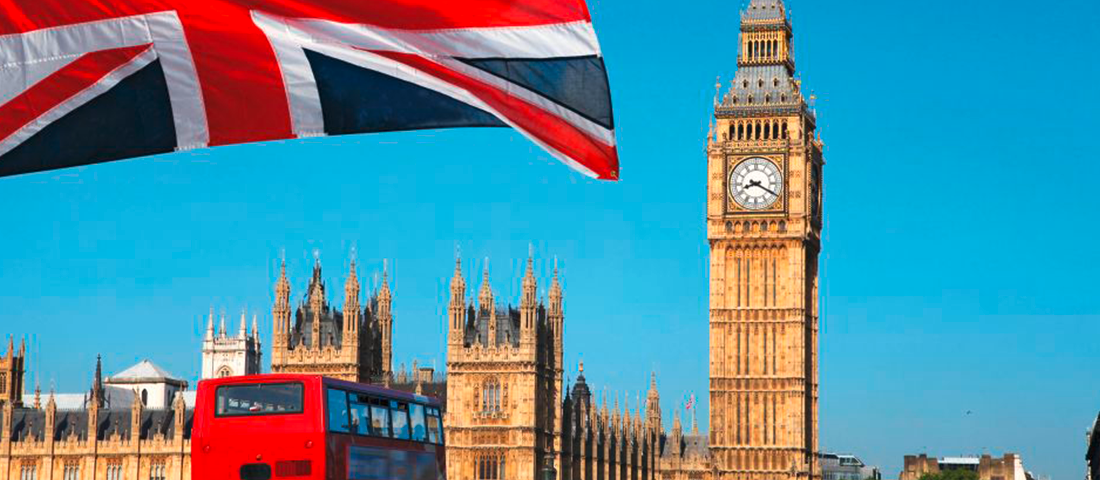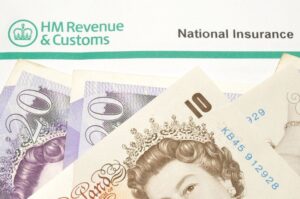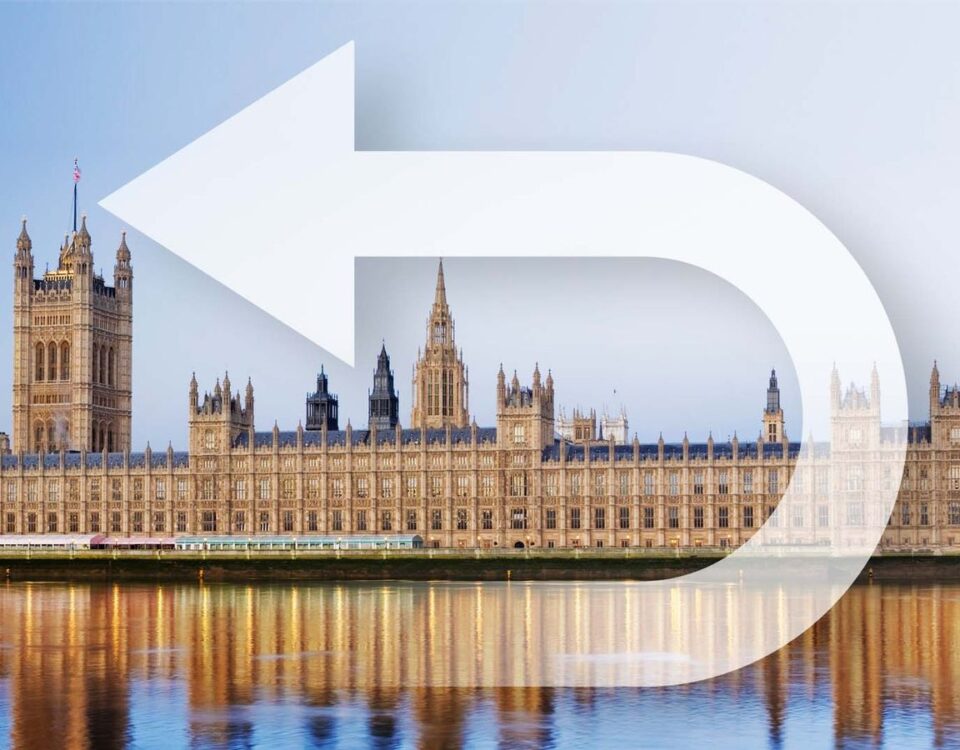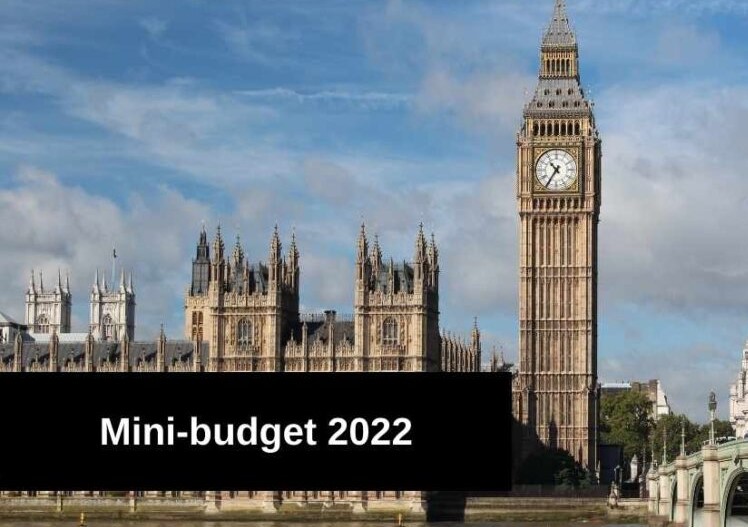How does the Spring Statement 2022 affect Small Businesses

There was little for businesses struggling with soaring energy costs, congested supply chains and staff shortages. Businesses are not cushioned from the impact of soaring energy prices by the regulatory price cap.
The raising of the thresholds for payment of national insurance for employees may help mitigate the impact of the 1.25 percentage point increase in the tax rate on individuals, but not for employers.
And the pledge to overhaul the system of R&D tax credits was made in October 2021, as was the extension of credits to cover data purchases and cloud computing.
Businesses face a fourfold increase in energy costs and confidence has weakened because of the war in Ukraine.
National Insurance
The national insurance (NI) threshold will be lifted by £3,000 to £12,570 in what the UK Chancellor called the “largest single personal tax cut in a decade”. The change will raise the NICs threshold in line with the point at which people start paying income tax. The measure will give 30 million people £330 each, at a total cost of £6bn. The change will come into effect in July 2022.
The 1.25 per cent increase in national insurance contributions from April 2022 is actually 2.5 per cent for employed owner/managers paying PAYE as it applies to both employer and employee contributions. The Chancellor said that the planned 1.25-percentage-point rise in national insurance contributions must remain, as a “dedicated funding source” for health and social care.
However, the Chancellor only mentioned the impact on employed people, leaving a question mark over whether the £12,570 national insurance threshold applies to the self-employed.
Fuel Duty
Fuel duty will be cut by 5p per litre, the largest reduction in history. The fuel duty cut will only be for the second time in 20 years. The fuel duty cut was worth £5bn, which will last for 12 months effective from April 2022. The cut to fuel duty will reduce the cost of filling up an average tank, which has risen to £98.43 for diesel and £91.87 for petrol, by £3.30, according to RAC Fuel Watch.
Income Tax
The UK’s basic rate of income tax would be cut from 20 per cent to 19 per cent — albeit not until 2024. It was described as a £6bn personal tax cut for 30 million people, and the largest single personal tax cut in a decade.
Employment Allowance
Employment allowance relief, which allows small businesses to reduce their national insurance contributions each year, will be increased from £4,000 to £5,000, giving a tax cut of up to £1,000 to 500,000 small businesses.
R&D Tax Credits
Research and development tax credits are to be reformed with the potential to make the R&D expenditure credit more generous in autumn. The generosity of R&D tax relief for business investment would be increased to boost UK productivity.
Business rates
The Chancellor re-iterated the 50 per cent business rates discount for the retail, leisure and hospitality sector effective from April 2022, but with a cap of £110,000 per company.
Business rates will be reevaluated in 2023, based on rental values of 2021, which should see bills coming down for many in struggling sectors.




